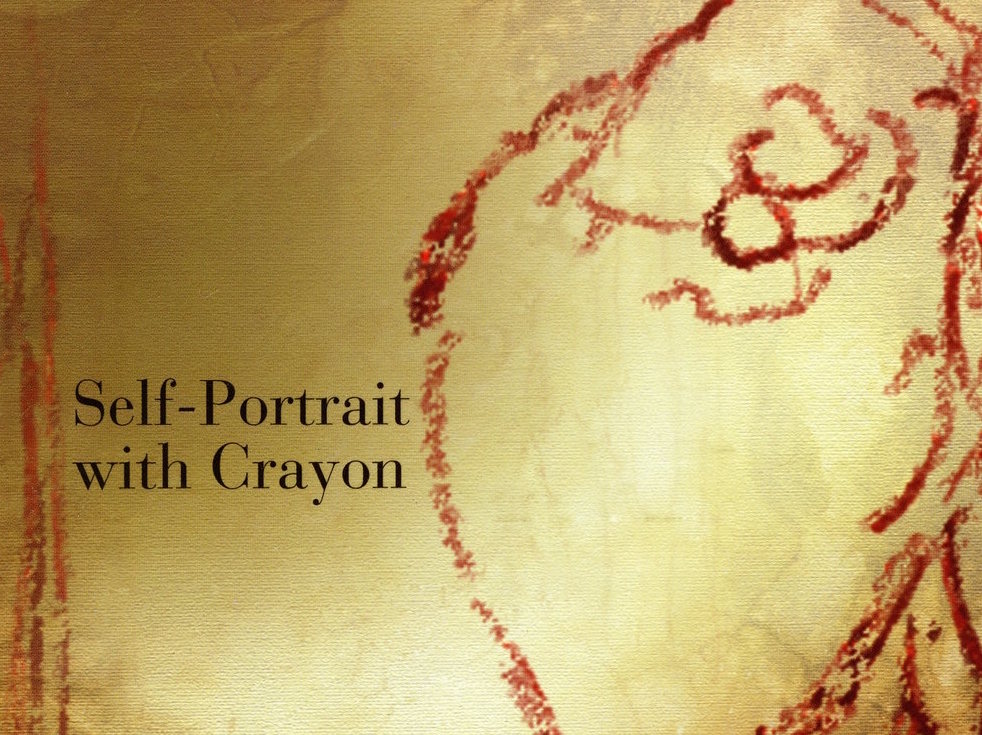Self-Portrait with Crayon
Allison Benis White
Cleveland State University Poetry Center, $15.95 (paper)
It is rare to find a book of poetry that makes a reader remember why one reads poetry, but Allison Benis White has written one. In these prose poems, she uses paintings and sketches by Edgar Degas to frame the speaker’s abandonment by her mother. Indeed, drawing, painting, and sketching are the perfect metaphors for this speaker’s obsessions with disappearance and appearance. Only in a few poems, such as “La Bouderie,” do we get a sliver of narrative: “When observed from an adult window, anchorless, she and he becomes an almost lovely phrase in its lack of history. . . . Seven years before the phone rang. He answered at his desk. Standing in the hallway I asked who, without turning to me, drained of color, not your mother, but rather the name Wendy.” While the subject could easily tend toward the maudlin, this poet successfully wades back and forth between the concrete and the sublime, as in “From Degas’ Sketchbook”: “The hidden are alone too. I crouched in the closet, between my mother’s skirts and shoes, where the legs should be.” At the end of the poem we are similarly left without epiphany, but instead with mysterious and arresting images: “People exist for as long as possible until it is too difficult to matter. The shoulders are the span of the hanger and the mind is the hook which suspends the entire dress.” Benis White explores what humans are when they exist, and what they are when they disappear, as she later suggests in the title poem: “Questions like where are you hiding, or why did the cat return to the burning warehouse six times, half-black, to remove each kitten, seem overwhelming. If the cat could see in color, she’d lose her mind. I want to reach things I can keep. Sometimes, at the park, I hear people calling my name, but there are so many people with my name.”







